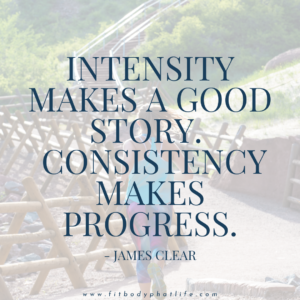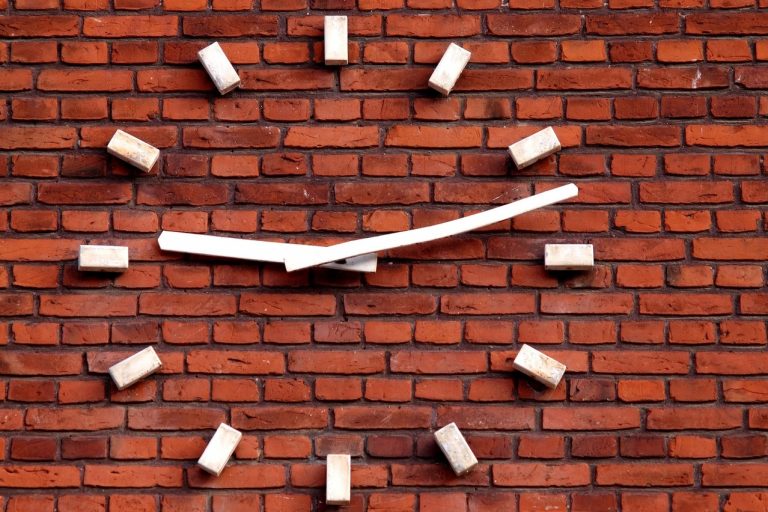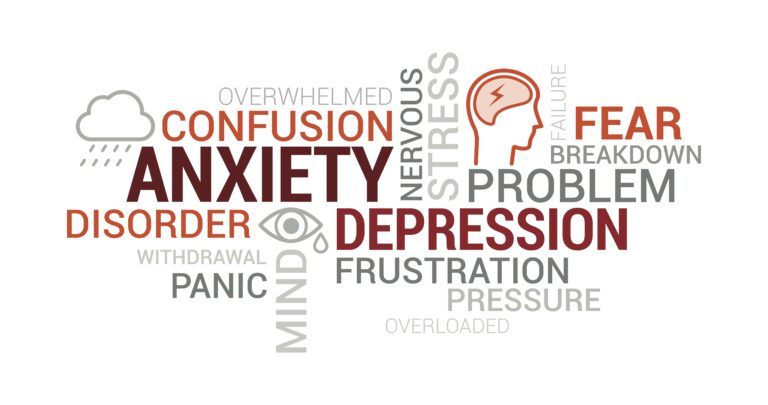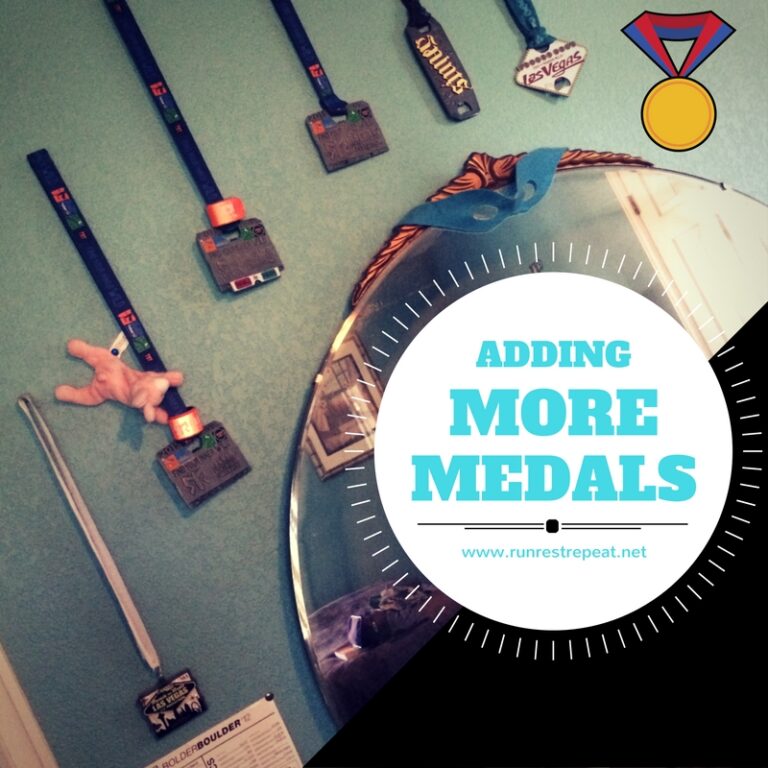The Long-term Brain & Body Benefits of Going Slow
“Lose 30 pounds in 7 days!” “Get rich quick!” “Build muscle faster than ever!”
Seriously—when did faster become better? When did we decide it’s okay to sacrifice our sanity for the sake of reaching our goals sooner than everyone else?
Don’t get me wrong. I understand instant gratification. But the problem is that when you go the fast route, the results usually last as long as the gratification took—an instant.
Slow Gets You Where You Want to Go — and Helps You Stay There
We all have goals — at least, we all have wants that we can turn into goals. (More on that in a future post!) If a goal really matters to you, then you want it to stick. You want it to become part of your life. And the way you do that is by making it a habit.
Sadly, this is another thing the quick-fix gurus claim you can do in a flash. Google it. I bet at least half the results say something about 21 days.
Turns out this is bullshit. Well, not so much bullshit as it’s based on a book published in the 1960s about patients recovering from amputation. They took about 21 days to adjust, so the author assumed that’s the time it takes to adjust to any major change. But more recent studies suggest it takes up to 254 days to form a habit! And we’re only talking about the habit here, not the results.
So you see, if you want more vitality you’ve got to create the habits that will give you that, and that can be slow going. Luckily, going slow not only gets you where you want to be, but you can pick up all sorts of other benefits along the way.

Practicing Patience
Patience is actually one of those habits many people need to develop. I know that’s true for me. When I first started down this path, I would look at my thighs and think, “Aren’t you guys supposed to be getting thinner?” Or I’d get frustrated spending so much of my Sunday doing meal prep that I’d have to wonder if it was really worth it. But that’s because I didn’t trust the process. Once I changed my mindset, however, I found that I could face these difficulties, maybe not happily, but definitely without getting frustrated and angry.
And you know what? Practicing patience helped me:
- Make better decisions: When I rely on my first impulse, I often choose the thing that feels good at the moment. That’s fine in a lot of situations, but reacting slowly gave me time to really investigate an issue and that led to better, more conscious choices.
- Take better care of my relationships: Sometimes when you say the first thing that comes to your mind, you end up hurting the people who matter most. Slowing down gives me a chance to decide what I need to say, while also considering the other person’s perspective.
- Accept my shortcomings: Me…not perfect? Hard to believe, I know. Fortunately for me, I found that giving patience to others helped me find a little bit for myself, too. So what if I haven’t hit all of my goals today. There’s always tomorrow.
Ultimately, choosing to be patient with myself and others has helped me make the most out of out of the here and now.
Time for Other Things
Probably the most surprising benefit for learning to go slow is how much more time you have. Sounds crazy, I know! But think about it this way. How often do you work on one task while thinking about another? Or do you ever rush through your workout so you can get to your to-do list?
Not only does multitasking increase your stress, but studies show you actually lose time as you switch between tasks, especially if you’re switching between complicated tasks. Imagine that—you’re trying to fit more into your day,
and all you’re doing is making it harder for you to get anything done. However, if you slow down and focus on the job at hand, you improve your chance of success.
The key to everything is patience. You get the chicken by hatching the egg, not smashing it. ~Arnold H. Glasow
Sometimes when you go too fast, you break stuff — both literally and figuratively. Let’s say you’re trying to reach a physical goal, like running a 5K. Push too hard, and you can do real damage to your body in the form of:
- Pulled muscles
- Weight gain
- Increased susceptibility to illness (not a good idea during a pandemic)
- Sleep loss
All of these can keep you from reaching your goal, but you can also do mental damage when you push too hard or try to go too fast. Not only can it make you cranky, but it almost always kills your motivation. Maybe that’s because you stop enjoying your workout or maybe you’re just too tired to keep going, but either way, it makes it hard for you to live your best life!
Most of the world tells you to go faster, and honestly, sometimes you need to. Just remember going slow helps you balance that out.
Wishing you all the best in health,



![A Fresh Take on Caring for Yourself [Podcast]](https://jennabbenhaus.com/wp-content/uploads/2022/09/FOCTA-Ep85-URL-768x768.jpg)



